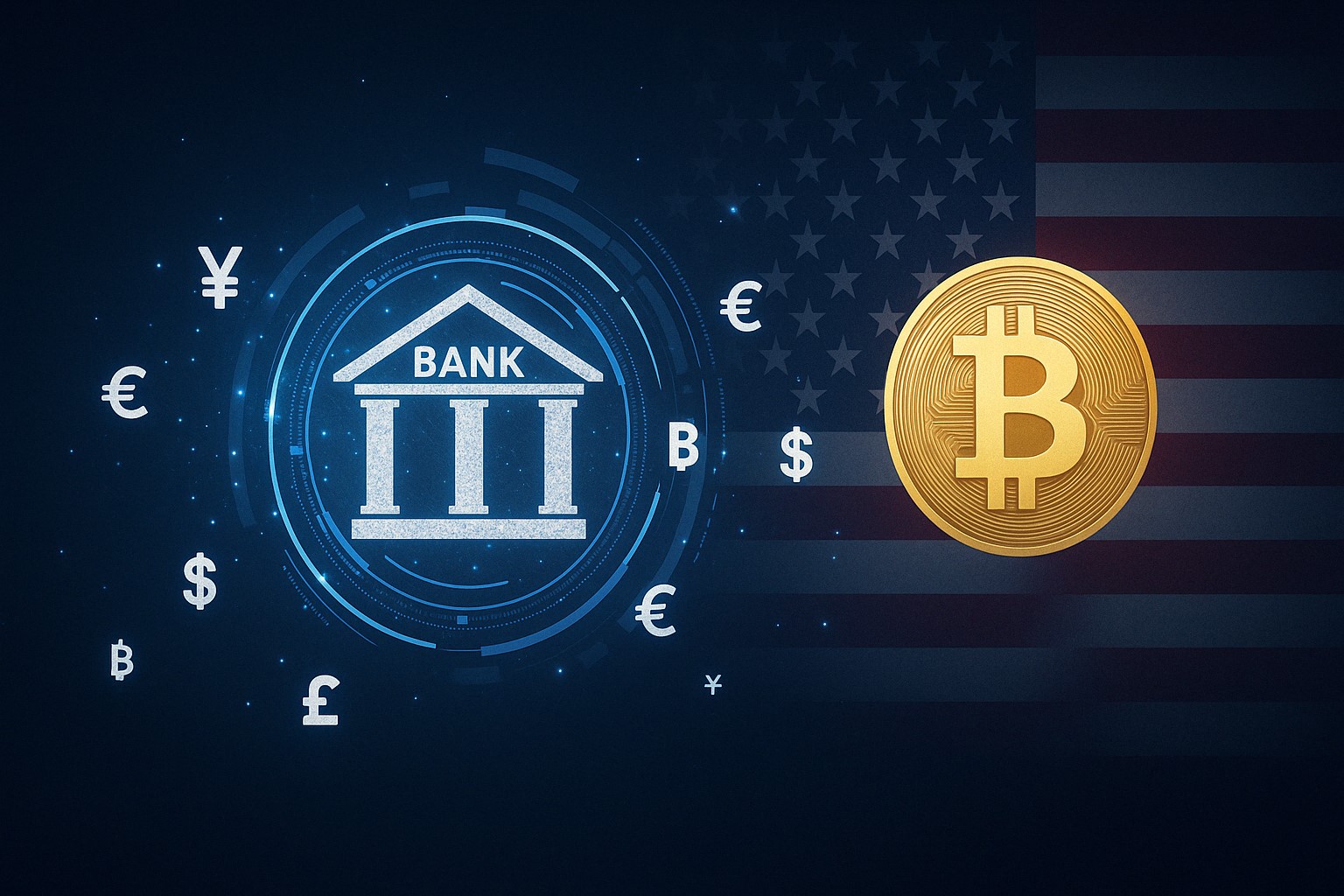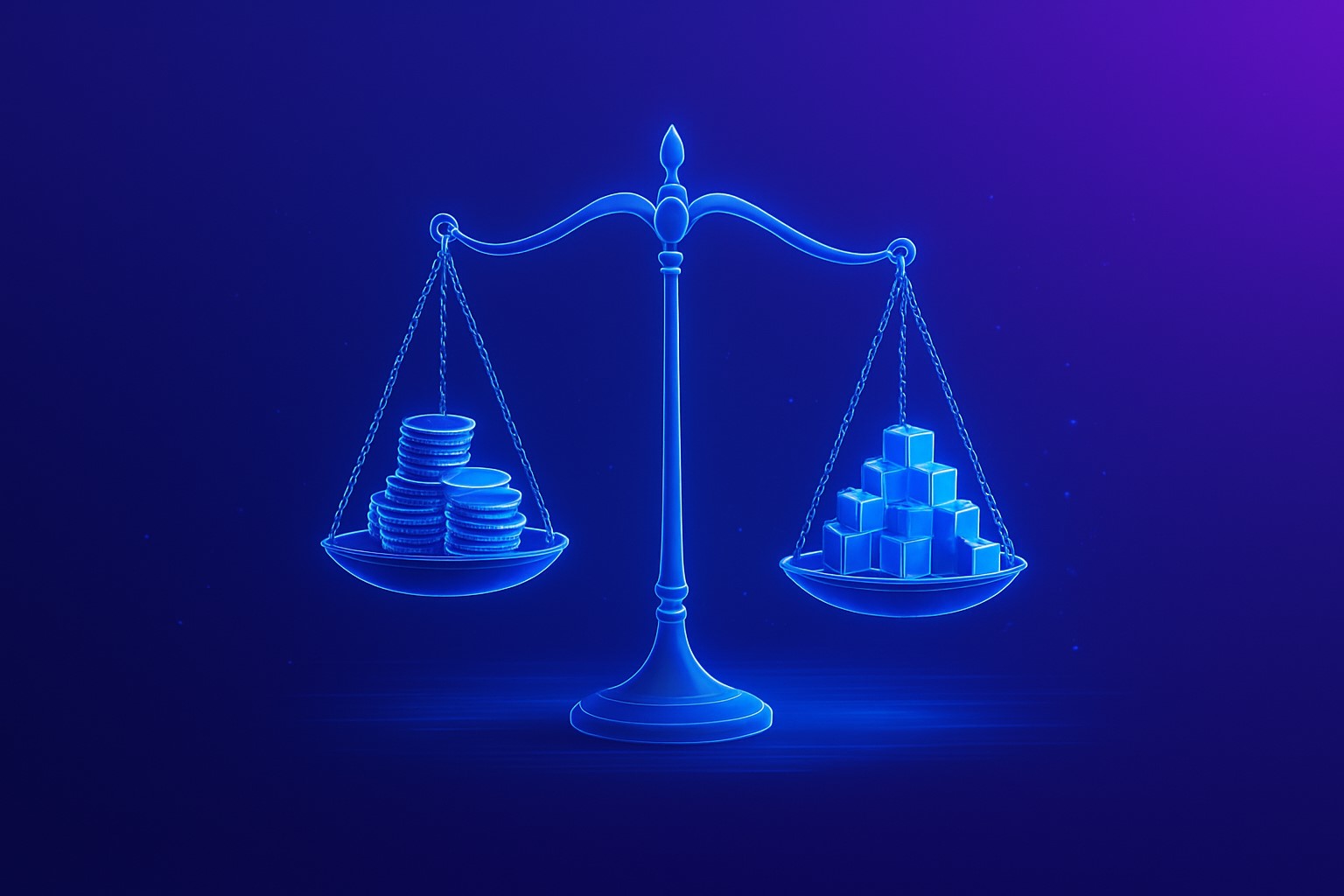Wall Street Journal reports signal a new wave of banking interest in U.S. digital assets, spurred by a friendlier regulatory climate.
Two of Europe’s leading financial institutions, Deutsche Bank and Standard Chartered, are setting their sights on expanding crypto operations in the United States, per a new report by the Wall Street Journal. The move comes as the Trump administration reshapes federal crypto policy, making the U.S. more appealing to legacy banks previously wary of regulatory roadblocks.
After years of tension between traditional finance and the digital asset sector, banks are now realigning their strategies to participate in what appears to be a more receptive U.S. market.
New Era of Crypto Regulation Under Trump
Under President Donald Trump’s renewed leadership, the SEC has pivoted toward a less hostile stance, signaling the most crypto-forward administration in U.S. history. Recent changes include the creation of a digital asset reserve and updated regulatory language that has reduced ambiguity around crypto services.
These shifts have encouraged traditional banking players—who once stepped back following the FTX collapse and the shutdowns of Silvergate and Signature Bank—to reenter the space with strategic intent.
Deutsche Bank Builds Crypto Credentials Across Markets
Deutsche Bank, which has steadily expanded its crypto involvement over the past few years, has taken a series of key steps in 2025. Most notably, in January, it became a custodian for Bison, the crypto trading platform operated by Börse Stuttgart. The partnership allows Deutsche Bank to safeguard euro balances for crypto investors on the app, supporting a multi-banking model without replacing existing partner Solaris SE.
Globally, the bank has bolstered its crypto services with a partnership with Crypto.com to provide fiat and cross-border infrastructure in Singapore, Australia, and Hong Kong. These services aim to help crypto-native firms operate smoothly within regulated jurisdictions.
Now, the bank is looking to replicate this infrastructure strategy in the U.S., where demand for reliable, compliant crypto services is rising among institutions and fintech platforms alike.
Standard Chartered Embraces Tokenization and Custody Expansion
While Deutsche Bank focuses on crypto banking infrastructure, Standard Chartered is doubling down on tokenization and institutional asset solutions.
In April 2025, the bank launched a collateral mirroring platform in partnership with OKX and Franklin Templeton, allowing tokenized money market funds and cryptocurrencies to be used as trade collateral. These assets are held off-exchange under VARA regulation in Dubai, minimizing counterparty risk and enhancing capital efficiency.
The bank also serves as a regulated custodian for the program, taking advantage of its growing footprint in the Dubai International Financial Centre.
On the stablecoin front, Standard Chartered Bank Hong Kong (SCBHK) is collaborating with Animoca Brands and HKT to develop a Hong Kong dollar-backed stablecoin, to be licensed under the Hong Kong Monetary Authority (HKMA). This complements the bank’s role in HKMA’s tokenized finance initiatives over the past two years.
A Coordinated Shift Toward U.S. Market Entry
These developments aren’t occurring in a vacuum. Both banks appear to be synchronizing their global digital strategies with U.S. expansion plans, viewing the 2025 policy reset as a critical opportunity.
“The winds have changed,” said a financial policy expert. “We’re watching a real-time recalibration from risk aversion to first-mover advantage.”
Deutsche Bank is expected to roll out U.S.-focused fiat-on/off ramp tools by year-end, while Standard Chartered is reportedly in early-stage talks with American custody providers and blockchain infrastructure firms.
2025 Could Mark a Turning Point in Global Crypto Banking
As digital asset infrastructure matures and regulation stabilizes, traditional banks like Deutsche Bank and Standard Chartered are moving from the sidelines to the center of the crypto ecosystem.
If their plans succeed, 2025 may be remembered as the year legacy finance and digital assets officially converged in the world’s largest financial market.



